2015.11.05
Tsuboya Yachimun Street Festival showcases Naha’s pottery tradition
Tsuboya area in Naha is known as the place to go for pottery and ceramics. The history of Tsuboya pottery goes back to about 330 years when the government of the Ryukyu Kingdom ordered all pottery artisans move to Tsuboya. Up to then the artisans had worked individually in different parts of the island.
The reason was practical. First of all, pottery making was an important source of revenue to the kingdom, and the trade was easier to control when everyone involved was in one place. That made is also easy to bring the necessary clay and firewood for the kilns to one location, and then transport the pottery to trading ships in nearby Naha port. Thus, Tsuboya remained the center of the pottery industry of the island all the way to the war, when it was destroyed, as was the rest of Naha.
After the war the kilns were moved elsewhere, most notably to Yomitan, but the shops remained. Today Tsuboya remains an area with an atmosphere of Okinawa of yore, with narrow streets, stone paved paths and stonewalls, houses with red tile roofs and small shrines where local people pray. The streets are now lined with antique shops, cafés and restaurants, side by side with Yachimun pottery shops and Shisa stores.
Tsuboya Yachimun Dori Festival is an annual event that takes place early November. During the festival the stores sell pottery products at discount prices. Visitors can try their hand at potter’s wheel for free at Ikutouen-dojo. There are Eisa, sanshin and dance performances, and a Michijunee parade along the street as well.
Those who are interested in getting to know Tsuboya more in depth can join in a guided browsing tour of the area. The tour guide will take participants to small streets and pottery studios. At the stores, visitors can shop for pottery and Japanese traditional ‘tenugui’ washcloth. And this being a festival, there are stalls that sell food and sundries. There’s even a corner for petting goats.
The festival takes place this Saturday and Sunday on Tsuboya Yachimun Street and Sujigwa Street from 10:00 to 18:00. Motor vehicles are barred from the street from noon to 17:00 on both days.





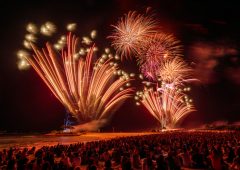 2024.07.12
2024.07.12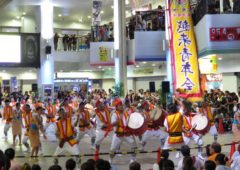 2024.06.11
2024.06.11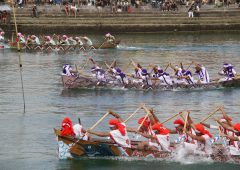 2024.06.03
2024.06.03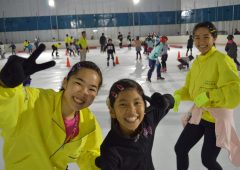 2024.05.30
2024.05.30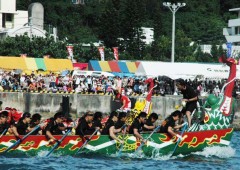 2024.04.30
2024.04.30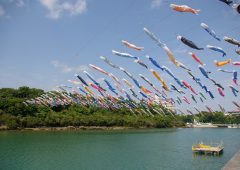 2024.04.26
2024.04.26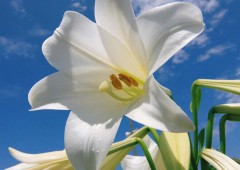 2024.04.23
2024.04.23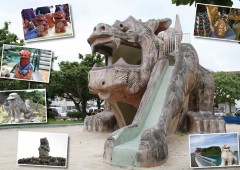 2024.04.02
2024.04.02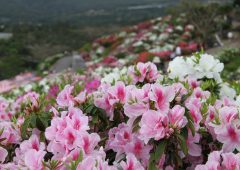 2024.02.22
2024.02.22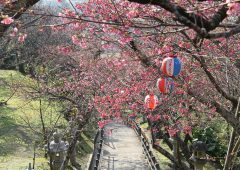 2024.01.18
2024.01.18






